Can Neighbors Have Cameras Pointing At My House?
In today's world, the proliferation of surveillance technology has raised numerous questions about privacy and legality. One common concern is whether neighbors can have cameras pointing at your house. This issue touches on various aspects of law, ethics, and personal privacy. In this article, we will explore the legal framework surrounding this issue, the ethical considerations, and practical steps you can take if you find yourself in this situation.
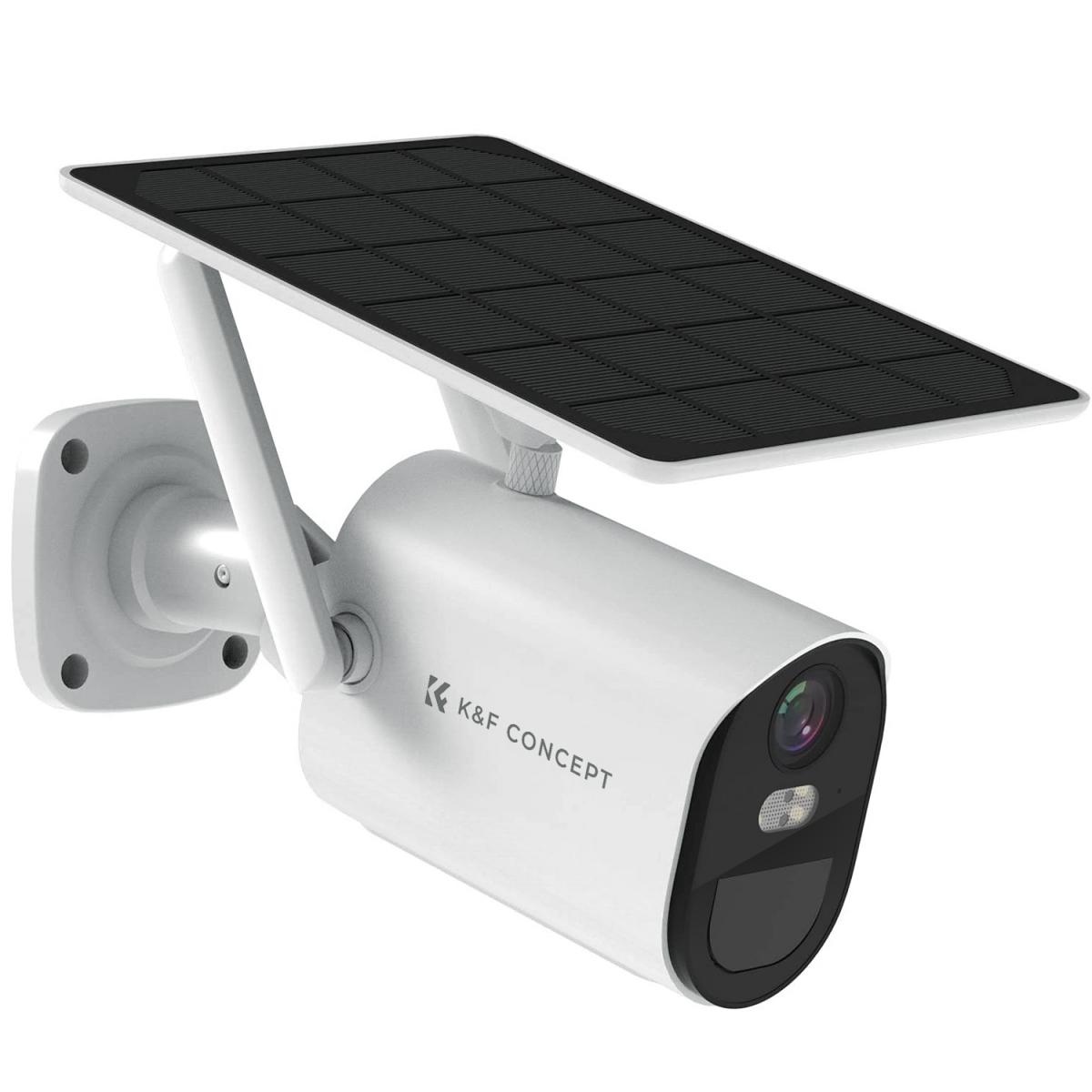
Legal Framework
United States
In the United States, the legality of your neighbor pointing a camera at your house largely depends on several factors, including the location of the camera, the intent behind its placement, and the specific laws of your state or municipality.
1. Expectation of Privacy: Generally, the law protects areas where you have a "reasonable expectation of privacy." This includes inside your home and sometimes your backyard if it is enclosed. However, areas that are visible from public spaces, such as your front yard, are usually not protected.
2. State Laws: Different states have different laws regarding surveillance. For example, California has strict privacy laws that may offer more protection compared to other states. It is crucial to check the specific laws in your state to understand your rights fully.
3. Intent: If the camera is installed for legitimate purposes, such as security, it is more likely to be considered legal. However, if it is used to harass or invade your privacy intentionally, you may have grounds for legal action.
United Kingdom
In the UK, the Data Protection Act and the Human Rights Act provide a framework for understanding your rights regarding surveillance.
1. Data Protection Act: If the camera captures images beyond the boundary of the property it is intended to protect, the owner must comply with the Data Protection Act. This includes informing you that you are being recorded and explaining the purpose of the surveillance.
2. Human Rights Act: Article 8 of the Human Rights Act protects your right to privacy. If you believe that your privacy is being infringed upon, you may have grounds to take legal action.
Ethical Considerations
Even if your neighbor's camera is legally permissible, it may still raise ethical concerns. Here are some points to consider:
1. Intent and Communication: Understanding the intent behind the camera placement is crucial. If your neighbor is genuinely concerned about security, a conversation may resolve the issue. Open communication can often lead to a mutually agreeable solution.
2. Mutual Respect: Respecting each other's privacy is a cornerstone of good neighborly relations. If you feel uncomfortable, expressing your concerns politely can go a long way.
3. Compromise: Sometimes, a simple adjustment in the camera's angle can address privacy concerns without compromising security. Suggesting such compromises can be a win-win solution.
Practical Steps
If you find yourself uncomfortable with a neighbor's camera pointing at your house, here are some practical steps you can take:
1. Talk to Your Neighbor: The first step should always be to talk to your neighbor. They may not be aware that their camera is causing you discomfort. A polite conversation can often resolve the issue.
2. Check Local Laws: Understanding the specific laws in your area can help you determine whether the camera placement is legal. If it is not, you may have grounds to take legal action.
3. Install Privacy Measures: If talking to your neighbor does not resolve the issue, consider installing privacy measures such as fences, privacy screens, or plants to block the camera's view.
4. Legal Action: If all else fails, you may need to consult a lawyer to explore your legal options. This could include sending a cease-and-desist letter or filing a lawsuit.
Case Studies
Case Study 1: California
In California, a homeowner discovered that their neighbor had installed a camera that pointed directly into their backyard. After a polite conversation, the neighbor adjusted the camera angle to focus on their own property, resolving the issue amicably.
Case Study 2: Texas
In Texas, a homeowner found that their neighbor's camera was capturing footage of their front yard and driveway. After checking local laws, they discovered that this was legal as the area was visible from the street. However, the neighbor agreed to install a privacy screen to address the homeowner's concerns.
Case Study 3: United Kingdom
In the UK, a homeowner noticed that their neighbor's camera was capturing footage of their garden. They contacted the Information Commissioner's Office (ICO), which advised them to speak to their neighbor. The neighbor then complied with the Data Protection Act by adjusting the camera and informing the homeowner of its purpose.
The question of whether neighbors can have cameras pointing at your house is complex, involving legal, ethical, and practical considerations. While the legality of such surveillance varies depending on your location and specific circumstances, open communication and mutual respect can often resolve these issues amicably. If you find yourself in this situation, understanding your rights and taking practical steps can help you protect your privacy while maintaining good neighborly relations.



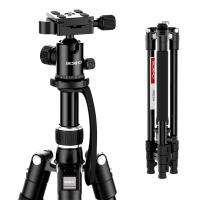







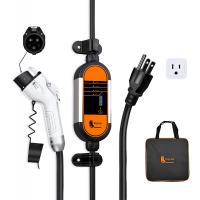

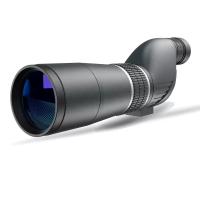





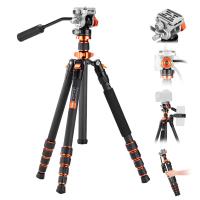



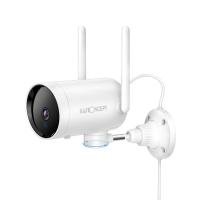

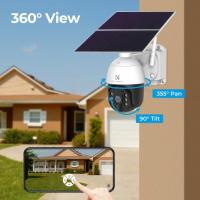


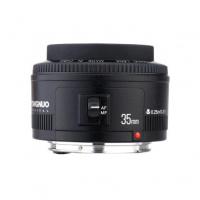

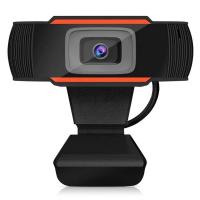
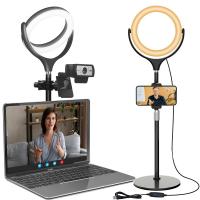


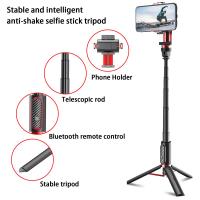




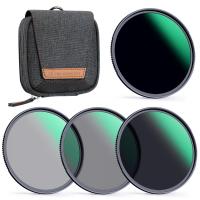
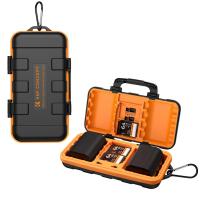
There are no comments for this blog.